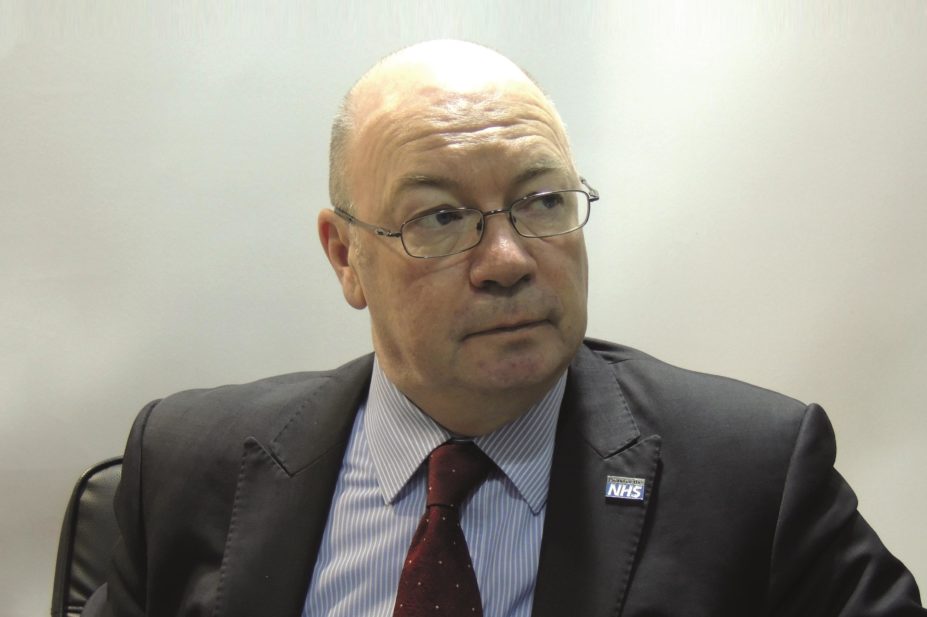
Royal Pharmaceutical Society
Health minister Alistair Burt has confirmed that the Department of Health will extend its consultation on proposals for the community pharmacy sector until 24 May 2016.
The two-month extension will “allow us more time to develop our proposals with the Pharmaceutical Services Negotiating Committee (PSNC), informed by the views of other stakeholders”, Burt said on 16 March 2016.
The decision to extend the consultation, originally scheduled to end on 24 March 2016, follows a request from the PSNC.
Sue Sharpe, chief executive of the PSNC, comments: “The initial time given for a consultation of this scope and complexity was inadequate, and we had asked for a more realistic timescale.
“We will now continue our ongoing discussions with the Department of Health and NHS England, seeking to understand the rationale for the various proposals and to find ways to ensure that the services and value provided by community pharmacies are recognised and expanded in future.”
Burt announced the extension during a meeting of the All-Party Pharmacy Group in Westminster where he was giving evidence to the group’s inquiry into primary and community care.
“The only part of the consultation process that will formally conclude on 24 March 2016 will be the consultation on the pharmacy integration fund,” he explained.
The aim of the pharmacy integration fund, at least initially, will be to support the deployment of clinical pharmacists in a range of community care settings. These will include GP practices, urgent care hubs, care homes and NHS 111. The fund will be worth £20m in 2016–2017, and will rise by £20m per year, meaning that by 2020–2021 £300m will have been invested.
Concluding this part of the consultation by 24 March 2016, will enable arrangements for the distribution of money from the fund to be put in place in the first part of the 2016/17 financial year, Burt explained. “There will continue to be opportunities for informal discussions about these arrangements once the fund is formally established.”
Burt added that he hoped the extension “demonstrates good faith on our part that we want to engage”.
“People are coming forward with ideas,” he said. “We want to make sure that the consultation period feels as long as is necessary for people to make their responses.”
During the APPG meeting, Burt also explained some of the thinking behind NHS England’s proposals for the sector, which include a cut to the pharmacy budget of £170m in 2016/17. He highlighted the intention to allow pharmacists to practise more clinically, irrespective of setting, and to introduce efficiencies into the dispensing process.
“I want to emphasise that our proposals are about improving services and securing efficiencies and savings,” he said. “A consequence may be the closure of some pharmacies but that is not our aim.”
Burt said that the changes being proposed for the sector could be made “without compromising the quality of services or public access to them”.
Keith Ridge, chief pharmaceutical officer for NHS England, who also spoke at the APPG event, argued that there were “more pharmacies than necessary to maintain good access”.
Burt was questioned about the proposed community pharmacy access scheme, which is being proposed as a way of protecting pharmacies at risk of closure because of the funding cuts but which are deemed necessary because of their location and the needs of the local population.
Burt said: “We want to ensure that extra NHS resources go to pharmacies that must be retained in order to serve the public.
“Ultimately, there has to be a national, public, transparent formula. It can’t be done on an arbitrary basis.”
Details of the formula, which would take into account location, isolation, deprivation and other population demographics, would be made public, probably towards the end of the negotiating period, said Burt. “It can’t be set out in detail yet because it’s not finalised. But it will be public so people can see how decisions are being made.”
The Department of Health is now expected to hold another round of meetings with stakeholders, including the PSNC, Pharmacy Voice and the Royal Pharmaceutical Society.

